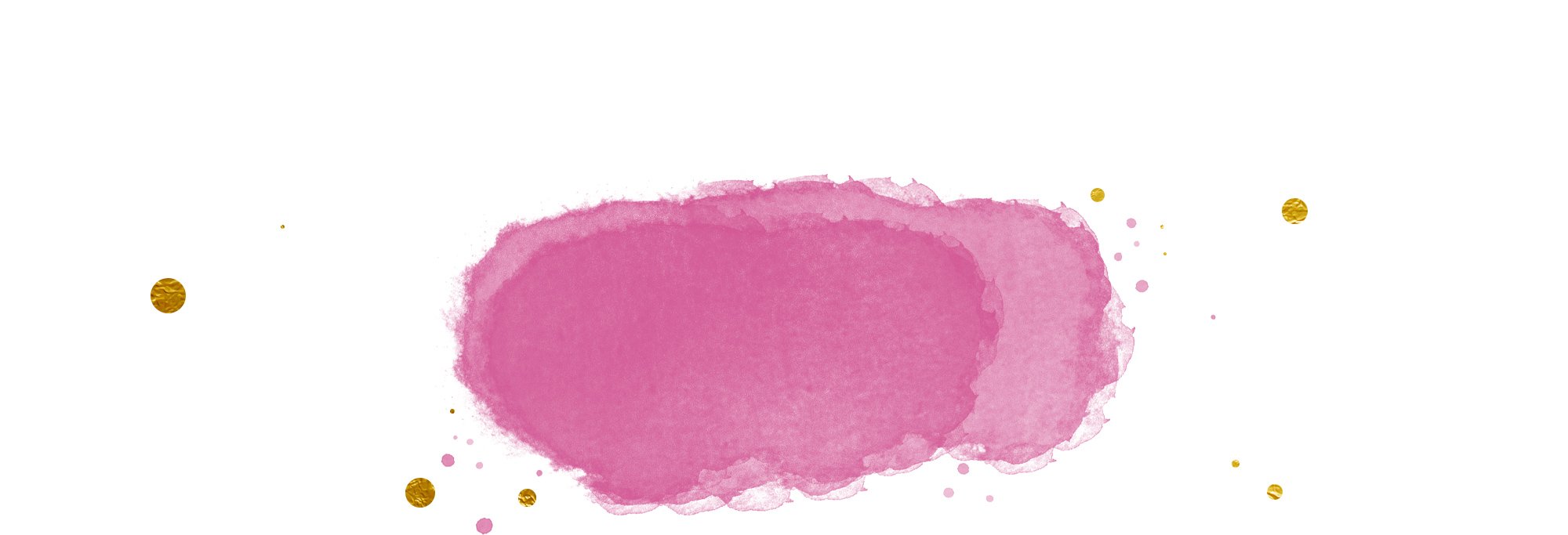
The Light Lab Podcast
We (Rabbi Josh Warshawsky, Cantor Ellen Dreskin, Eliana Light, and special guests) believe that there is so much insight to be found in Jewish sacred heritage by holding the gems of our liturgy to the light. We see the immense value of personal, heart-opening, empathy-expanding prayer practice. And we love to talk about both!

Episode 51: Under the Torah and Dreaming (with Rabbi Jill Hammer)
This week, we are privileged to bring you our interview with Eliana and Rabbi Kohenet Jill Hammer, PhD. Hammer is an author, teacher, midrashist, mystic, poet, essayist, and priestess. We explore where to look for g?d, how to call on g?d, and the venn diagram of poetry and liturgy. Plus, we dive into Hammer’s new book, Undertorah!
How can dreams impact our liturgical selves?

Episode 47: Shock-arit (with Billy Jonas)
This week, we are elated to bring you our interview with Billy Jonas. For over thirty years, Billy Jonas - performer, singer-songwriter, composer, multi-instrumentalist, educator, and playful pray-er extraordinaire - has perfected the art of the neo-tribal hootenanny with audiences around the globe. Using voice, guitar, and industrial re-percussion, each of his concerts is a soul-spelunking, heart-healing, joy-filled journey. We explore using curtains as an invitation to prayer, how to engage the very narrow bridge between the left and right brain in prayer, and when we first considered the benediction of a bird’s song and the rustling of leaves as prayer.
Were you also absent at Hebrew School the day they taught the similarities between Judaism and other ancient earth-based matrixes?

Episode 46: Comfort and Courage (with Rabbi Sarit Horwitz)
It was wonderful to be live on zoom with Rabbi Sarit and Beth Sholom! We’d love to do a live episode with your community- contact us at welcome@lightlab.co to learn more.
This week, we are elated to bring you our interview with Rabbi Sarit Horwitz, the rockstar clergy at Beth Shalom Synagogue in Memphis, TN. We explore creating opportunities for deep experiences in our communities, vulnerability in being a leader and pray-er, and that T’fillah is not meant to be a spectator sport.
Did you learn your prayers before you learned how to pray?
